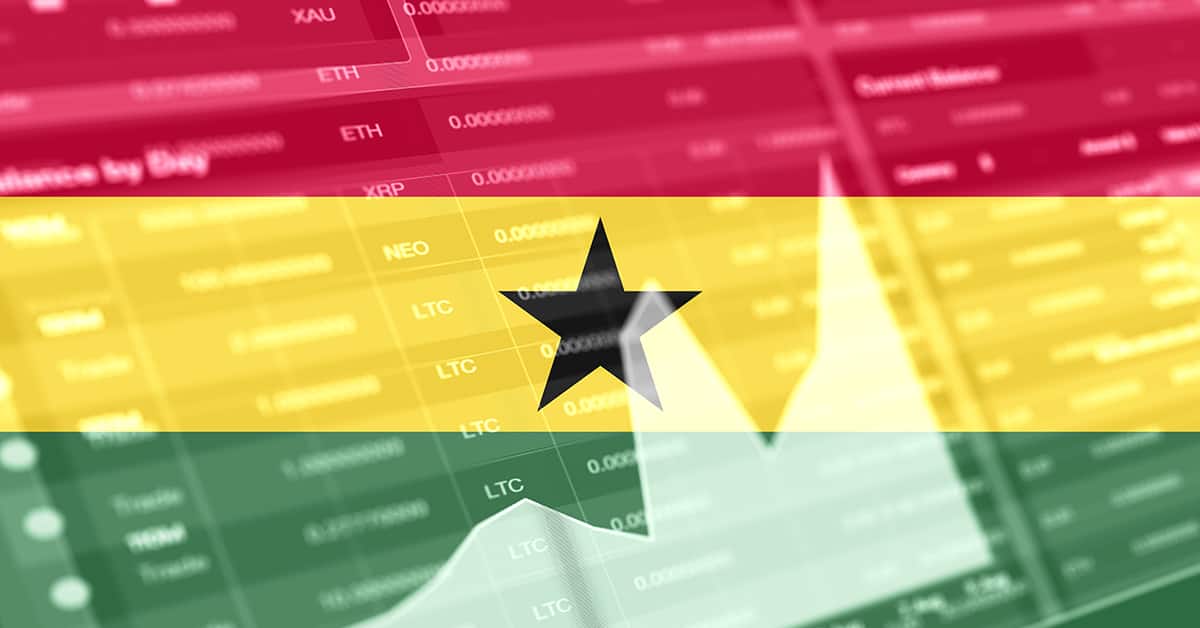Ghana entered into talks with the IMF in July for funding to help it address a balance of payments deficit that rose to about $2.5 billion in June, and a debt-to-GDP ratio now over 100%.

Despite receiving promises for a $3 billion bailout from the International Monetary Fund in 2023, in late December Ghana suspended debt payments on instruments including Eurobonds, commercial term loans and most bilateral debt. Even while announcing the IMF facility, officials noted that “additional emergency measures are necessary to prevent a further deterioration in the economic, financial, and social situation in Ghana.”
Ghana entered into talks with the IMF in July for funding to help it address a balance of payments deficit that rose to about $2.5 billion in June, and a debt-to-GDP ratio now over 100%. Ghana proposed a debt restructuring that some analysts called a “take it or leave it” offer to holders of its domestic bonds.
In the Domestic Debt Exchange, announced by Finance Minister Ken Ofori-Atta in December, the government said existing bonds would be replaced by a set of four new bonds maturing in 2027, 2029, 2032 and 2037. Holders of the new bonds will receive zero coupons in 2023, 5% in 2024, and 10% in 2025 until maturity, regardless of former coupons.
On the eurobond market, Ghana faces tough obligations. It has $500 million maturing in 2025, while $1 billion is due in 2026, and $2 billion in 2027. “Indeed, debt servicing is now absorbing more than half of total government revenues and almost 70% of tax revenue, while our total public debt stock, including that of state-owned enterprises and all, exceeds 100% of our GDP,” Ofori-Atta said. “As it stands, our financial resources, including the Bank of Ghana’s international reserves, are limited and need to be preserved at this critical juncture”
The drain on the government purse forced it to embark on a cost-cutting binge. To shore up revenue, the government decided to raise the value-added tax by 2.5 percentage points to 15%, and announced a hiring freeze of public workers in 2023.
Indeed, consumers have felt the effects. Inflation in the country rose to a 21-year high in November, climbing to 50.3%, from 40.4% in October.



